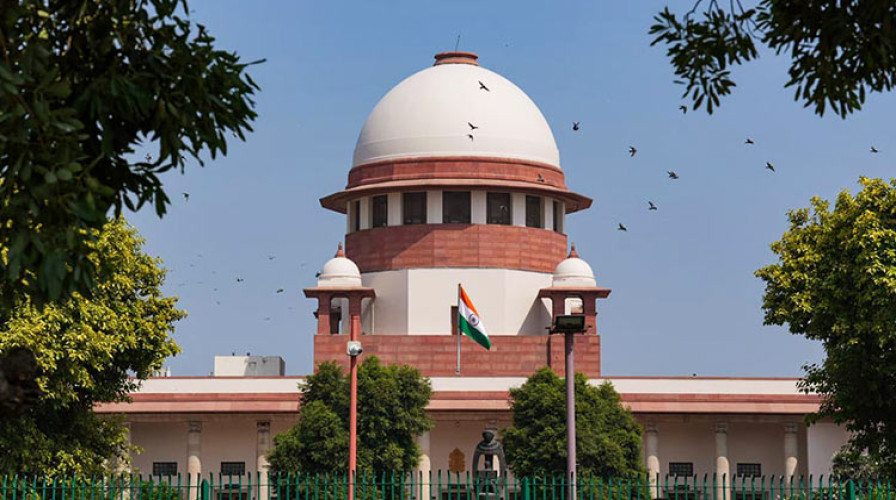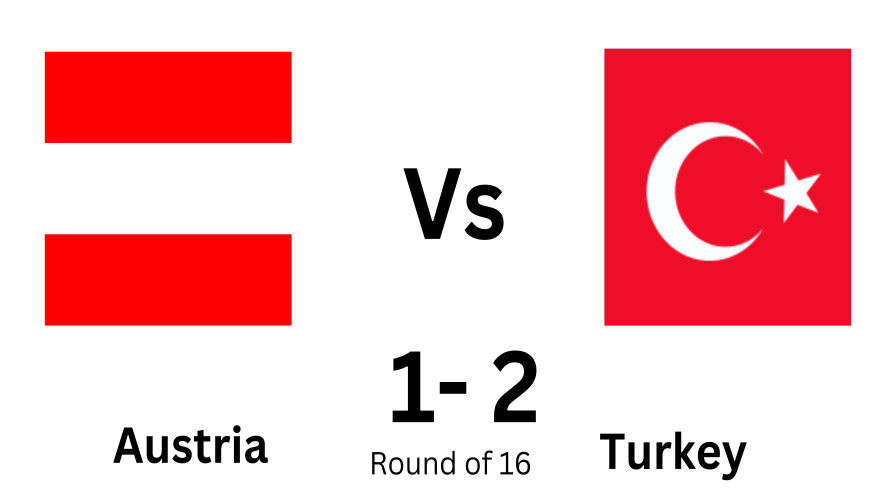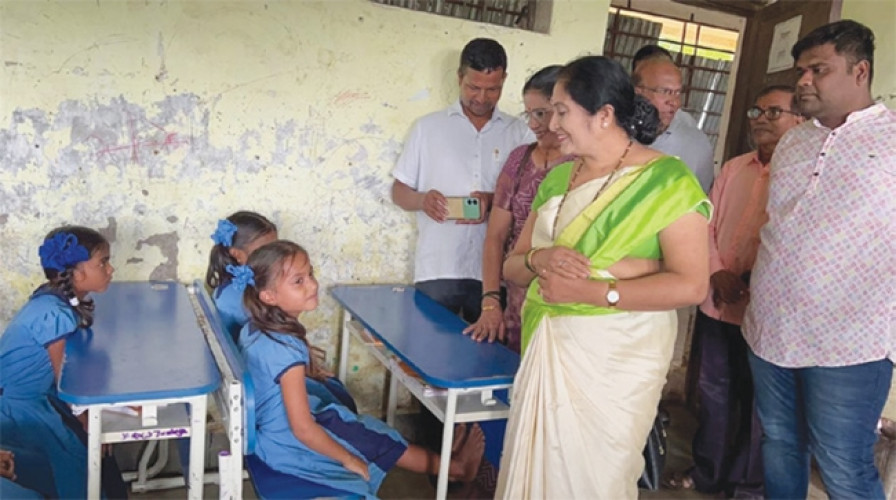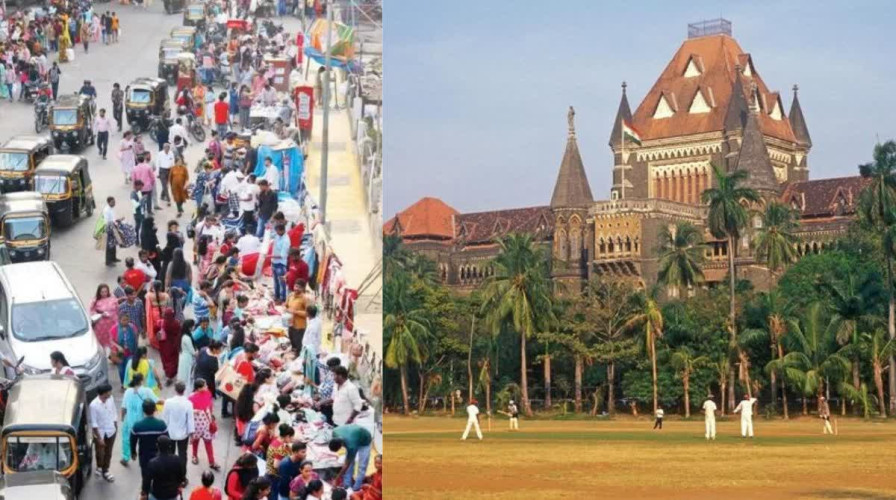Headline: Supreme Court Partially Suspends Mumbai College's Hijab Ban Amid Controversy
**Supreme Court's Interim Order on Hijab Ban**
On Friday, the Supreme Court issued a partial stay on a Mumbai college's controversial rule banning the hijab, burqa, cap, and naqab within its campus. The stay comes amid ongoing debates about religious freedoms and dress codes in educational institutions.
The court's decision included a directive for Mumbai's educational society to respond to the petition challenging the college's dress code. The court emphasized that its interim order should not be exploited and granted the college the option to return to court if the order is misused.
**Bombay High Court's Ruling on Dress Code**
Earlier, on June 26, the Bombay High Court had upheld the dress code policy of N G Acharya and D K Marathe College, which was imposed by the Chembur Trombay Education Society. The High Court ruled that such regulations did not violate students' fundamental rights. It justified the dress code as a necessary measure to maintain discipline and argued that it fell within the college's authority to establish and manage its educational environment.
The High Court noted that the dress code applied uniformly to all students, irrespective of their religion or caste. This decision came in response to challenges from second and third-year science students who contested the ban on wearing hijabs, naqabs, burqas, stoles, caps, and badges on campus. They argued that the ban infringed upon their fundamental rights to religious practice, privacy, and personal choice, describing the college's actions as "arbitrary, unreasonable, unlawful, and perverse."
**Supreme Court's Involvement in Karnataka Hijab Controversy**
The issue of hijab bans in Indian educational institutions is not new. On October 13, 2022, the Supreme Court issued split rulings on the Karnataka hijab controversy. The BJP-led Karnataka government had enforced a ban on hijabs in schools. Justice Hemant Gupta, who has since retired, supported the Karnataka High Court's decision to uphold the ban, while Justice Sudhanshu Dhulia opposed it, advocating for unrestricted hijab-wearing in educational institutions across the state.
The Supreme Court has yet to form a larger bench to address the Karnataka case comprehensively. The recent developments in Mumbai have reignited discussions on the matter.
**Current Legal Proceedings**
In response to the Bombay High Court's decision, Muslim female students from the Mumbai college have filed a Special Leave Petition with the Supreme Court. The petitioners argue that the college's dress code leads to indirect discrimination and stigmatization of female Muslim students, contravening their constitutional rights under Article 14, which guarantees equality before the law.
Chief Justice of India, DY Chandrachud, has assigned a bench to hear the petitioners' case, with the matter expected to be listed for disposal soon. The petitioners have criticized the dress code as "arbitrary, unreasonable, and bad in law," contending that it undermines their rights to privacy, dignity, and religious freedom.
As the Supreme Court revisits the issue, the debate over dress codes and religious expression in Indian educational institutions remains a critical and contentious topic.








